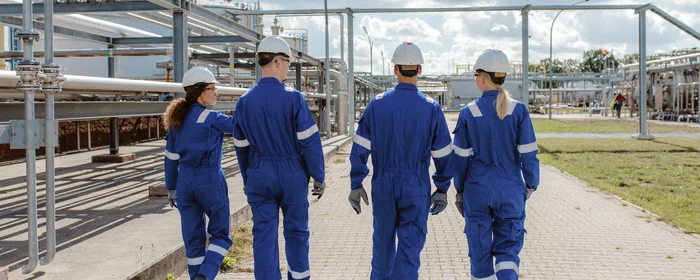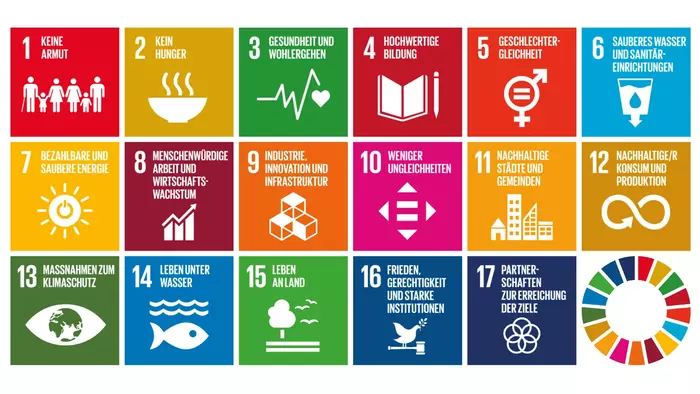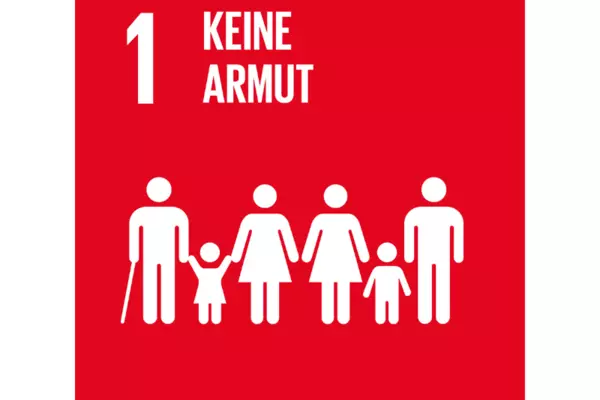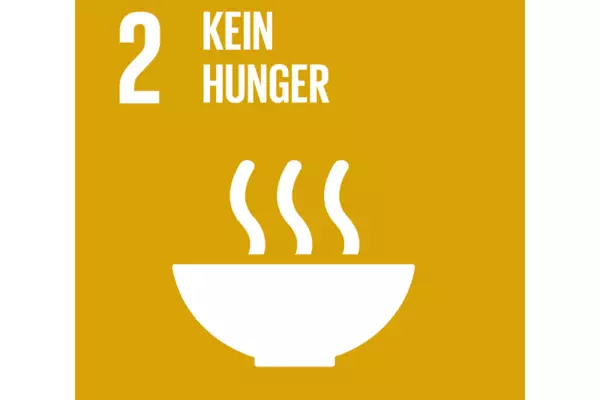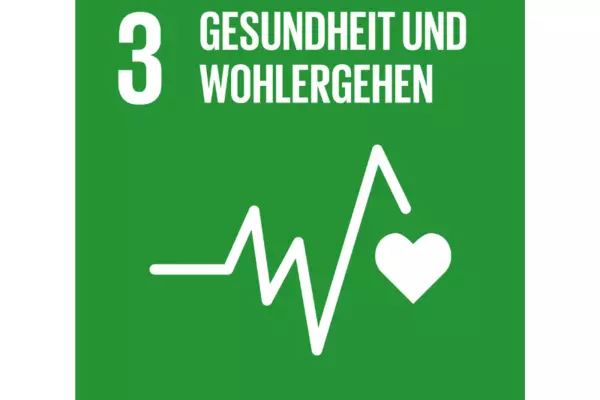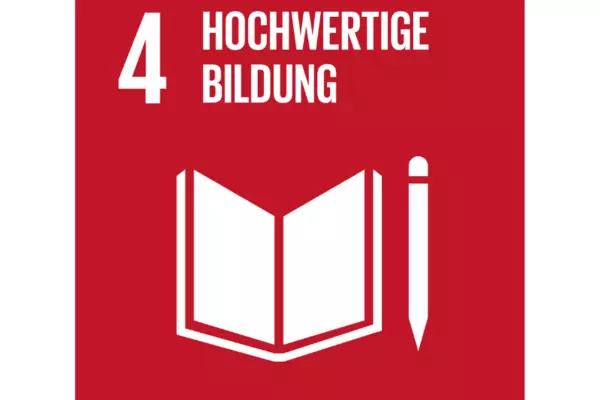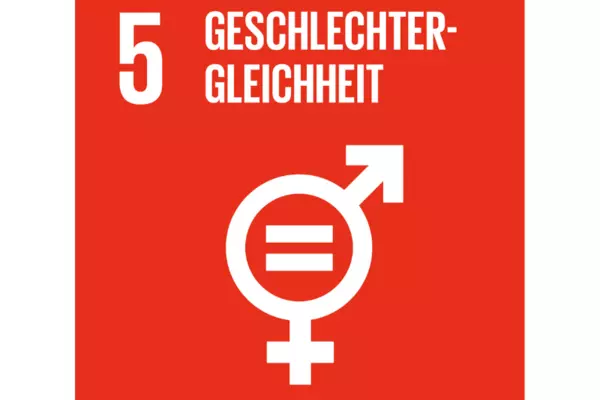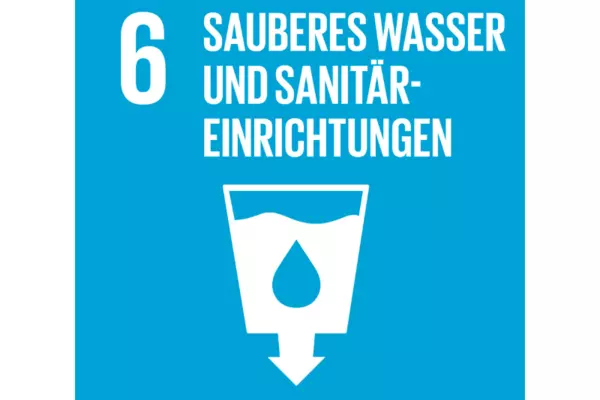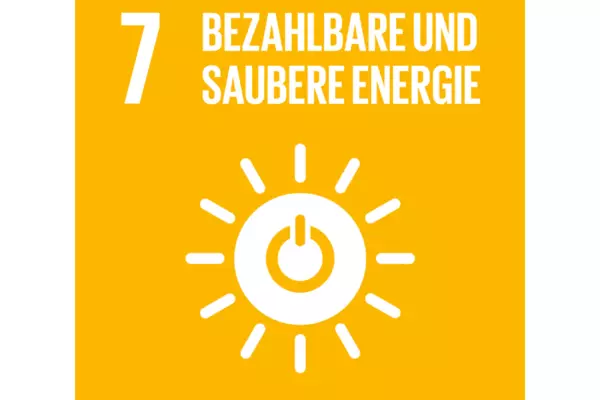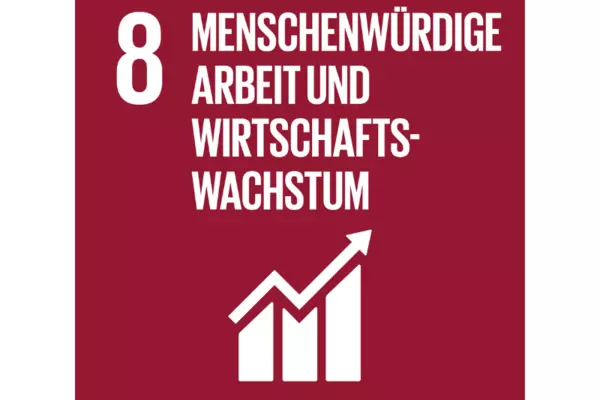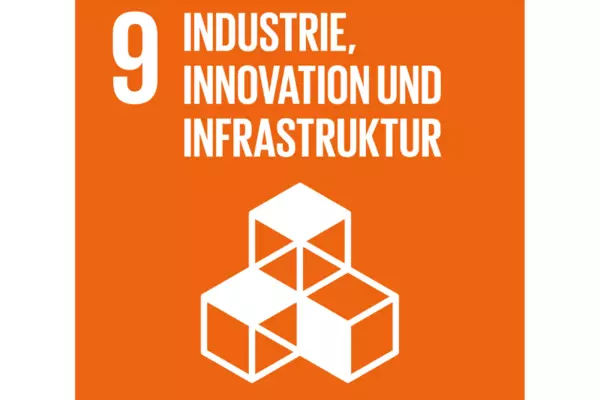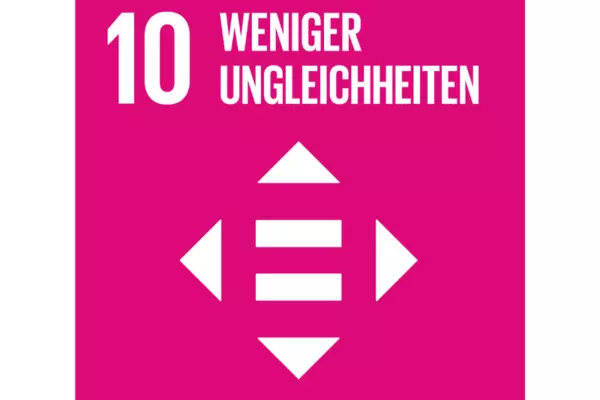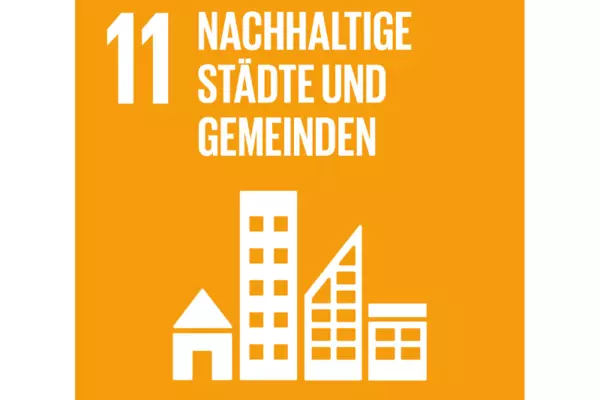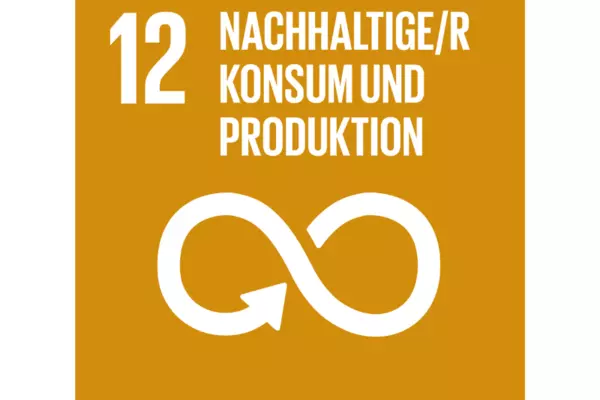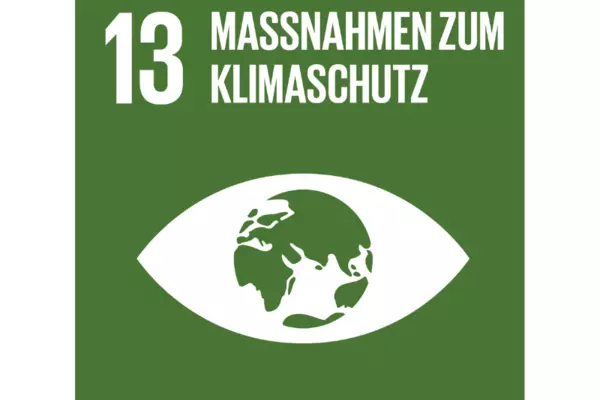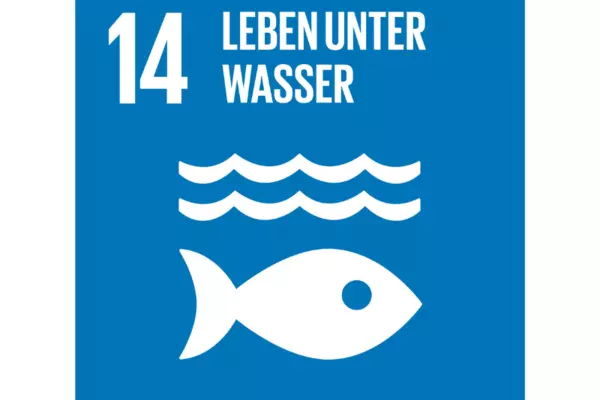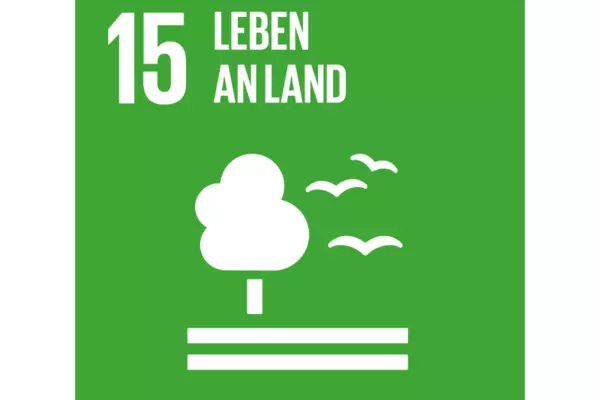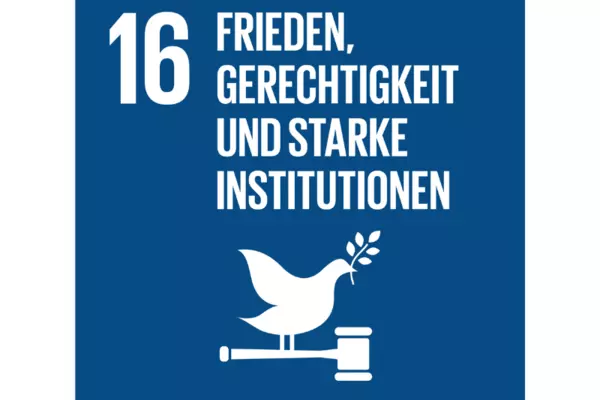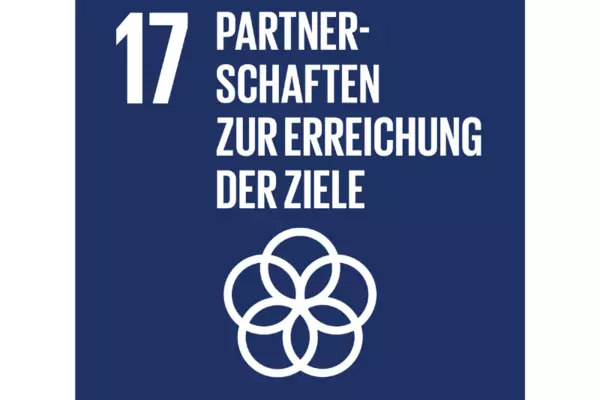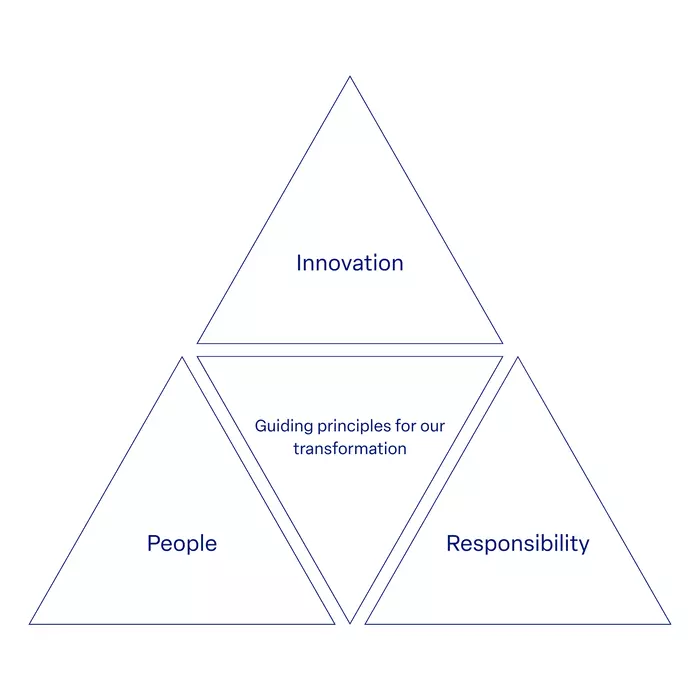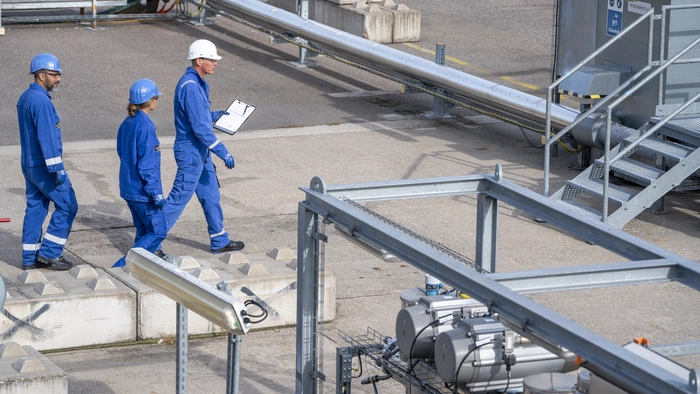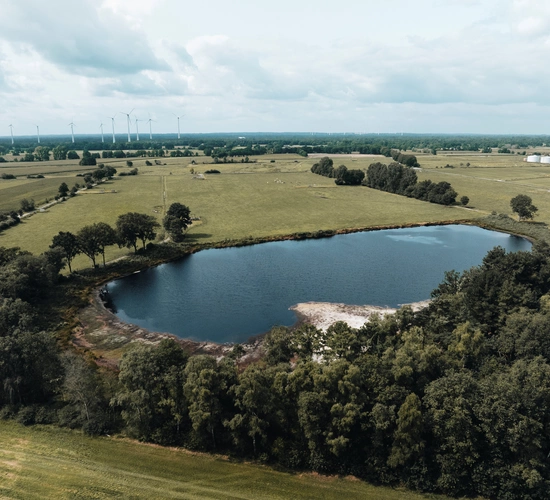Here in Germany, too, we are experiencing a field of tension: the dangers of deindustrialisation due to high energy prices, among other things, on the one hand, and urgently needed measures to achieve our climate targets, on the other.
In this context, we see it as our task to make a positive contribution to the energy future of Germany and Europe. We are adapting our business model to achieve this.
We have already taken the first consistent steps by restructuring our organisation in 2023 on the basis of three equally important areas of action: Base, Balance and Boost. In doing so, we are pursuing a holistic approach - both for the economic future of our company and for the society in which we live and work.
A common path with our stakeholders
We took the next step in 2024. We surveyed our stakeholders as part of a so-called dual materiality analysis in accordance with the standard of the European Corporate Sustainability Reporting Directive (CSRD). What impact does Neptune Energy have on society and the environment? What environmental and social issues influence the financial development of our company?
Independent experts interviewed representatives from politics, administration and local communities, among others, on these topics. The data collection also involved a survey of all Neptune Energy employees. The results provide us with important impetus to shed light on the opportunities and risks of our actions in a transparent manner. This approach helps us identify key sustainability issues for our future:
- Climate and environmental protection
- Working conditions
- Energy supply
Sustainable Development Goals
We also support the United Nations' 17 Sustainable Development Goals. As a medium-sized company, however, we cannot pursue all goals with the same focus. This is why we prioritise the most important ones. This will ensure that the goals with the greatest leverage have the strongest impact on our business activities.
Our business focuses in particular on Goal 7 (affordable and clean energy), Goal 8 (decent work and economic growth) and Goal 13 (climate action). We also support goals that we can influence indirectly. For example, we identify with Goals 3 (Good health and well-being), 4 (Quality education), 9 (Industry, innovation and infrastructure) and 12 (Sustainable consumption and production), over which we as a company can only exert a limited influence. However, they are highly valued in our sphere of activity and environment and are taken into account when making business decisions.
Innovation: Pioneering future technologies based on our expertise and data about the subsurface and our existing infrastructure, for example in the field of lithium extraction.
- This is how we contribute towards access to clean and affordable energy, economic growth in local communities and climate protection.
Responsibility: Commitment to net zero emissions by 2045 in Scope I and II, taking into account the highest ESG criteria and sustainable projects in raw materials extraction.
- Together with our stakeholders, we agree that we are making an important contribution to climate protection and never compromise when it comes to environmental protection and occupational safety.
People: Collaboration with various stakeholder groups (stakeholder engagement) for innovative energy solutions. Clear communication and involvement of local communities for maximum acceptance and benefit.
- Supporting cooperation between employees and partners, ideal working conditions and ethical behaviour as a benchmark for our success.
Ready for the future
A plan for our transformation
Based on these guiding principles, we are developing a plan (transition plan) with clear measures and targets against which we will be measured. This plan will also form part of comprehensive sustainability reporting for the year 2025. We are committed to an audit by external experts.
A governance structure for our transformation should always set the right course for the future. External audits and certifications, for example, help to provide evidence of our transformation efforts and ensure compliance with international standards.
